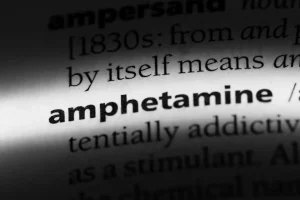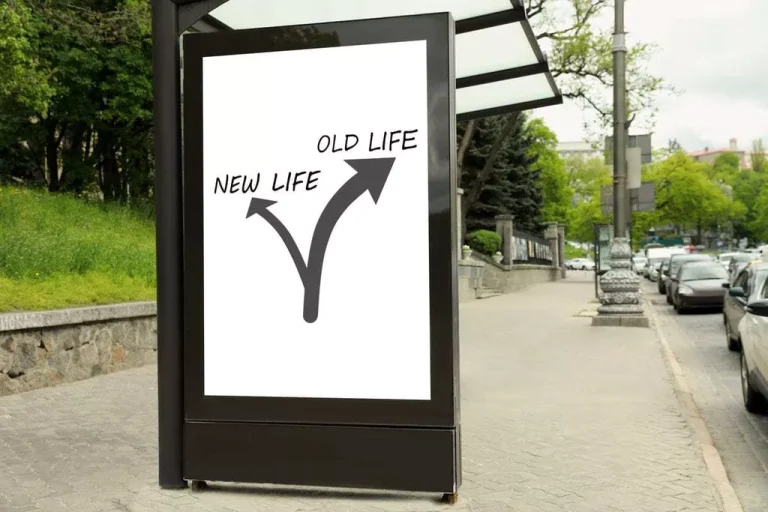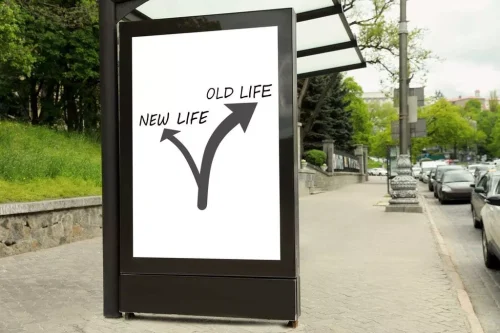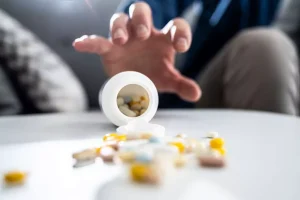¡Tu carrito está actualmente vacío!
Alcohols Impact on Blood Pressure: What You Should Know

As a result, it’s possible that having a few drinks that make your BAC rise and then fall back to normal again can make you more anxious than you were before. When dealing with stressful days or nervous situations, you may be tempted to have a glass of wine or a beer to calm your nerves. However, drinking alcohol, especially heavily and over a long period of time, can actually increase your anxiety.

When is it time to seek professional help?

Restlessness is especially common Halfway house during early alcohol withdrawal when the body adjusts to the absence of alcohol. It’s possible to have anxiety after drinking alcohol without having an anxiety disorder. While small amounts of alcohol may activate GABA and cause you to relax, heavier drinking can sap GABA. While dopamine increases immediately after drinking alcohol and temporarily makes you feel good, when the inebriation has faded, whatever symptoms that were being avoided rebound.
What the alcohol-anxiety relationship looked like in my life:
- Seeking guidance from a licensed mental health professional can be crucial to reducing alcohol-induced anxiety.
- It’s a natural human response and usually passes once the situation is over – for example around a job interview.
- Alcohol allergy and intolerance can result in similar symptoms but are caused by different underlying factors.
- “It’s not unusual for anxious people to obsess and ruminate over things that may or may not have happened the night before, especially if they drank,” Goldberg says.
- Treatment for anxiety disorders and alcohol use disorders varies depending on the individual and the symptoms, so it’s critical to work with a professional to get the help that you need.
- Patients can expect improvements in anxiety and alcohol cravings within a few weeks of starting treatment.
Quitting alcohol can prevent anxiety and give you the space to develop healthy means of managing your condition. Compared to those without them, people with anxiety disorders—mental health conditions that cause frequent worry and panic—have lower levels of zinc, iron, and selenium. There are several reasons why someone might experience an alcohol-induced panic attack, resulting in a sudden and overwhelming sensation of anxiety. Studies have shown that people with alcohol dependence have a 2.6 times higher risk for developing anxiety disorders than those who do not have alcohol dependence. Even after moderate drinking, withdrawal symptoms can occur as the effects of alcohol wear off. Symptoms of alcohol withdrawal can include restlessness, irritability, and anxiety — all of which are just the body trying to adjust to no longer having alcohol’s sedative effect in its system.
Address Underlying Symptoms
- Pre-existing anxiety disorders, such as generalized anxiety disorder (GAD) or panic disorder, increase the risk of heightened anxiety after alcohol consumption.
- Unfortunately, anxiety disorders are complicated, and quitting alcohol alone is not enough to “cure” anxiety, whatever that might mean to you.
- For some individuals, the effects of alcohol on anxiety can extend beyond the immediate drinking session, leading to anxiety symptoms that persist for days afterward.
And though the immediate effects might lessen some of the worry or dread you feel, this change is short-term, and the long-term consequences can make matters worse. As alcohol is a sedative and depressant, it can relieve feelings of fear and anxiety in the moment. But after the alcohol wears off, you can start to feel your anxiety come back even stronger. Even one drink can interrupt the natural cycles of sleep, causing a nervous or irritable feeling the next morning. Alcohol is a mild anesthesia and will put you in the mood for sleep — at least initially.
This causes sweating, shakiness, an increased heart rate, and an overall feeling of anxiety. When someone has developed alcohol dependence, cutting back significantly or quitting cold turkey can induce a panic attack. This is because with extended alcohol use the body can adapt to need alcohol for its basic functioning, and become overwhelmed when it’s removed. It’s important to speak with your healthcare provider to make a plan for cutting back on drinking safely.

Nervousness
For most patients, Talkiatry treatment is just as effective as in-person psychiatry (American Psychiatric Association, 2021), and much more convenient. That said, we don’t currently provide treatment for schizophrenia, primary eating disorder treatment, or Medication Assisted Treatment for substance use disorders. Hangover duration and severity may depend on the amount of alcohol a person drinks. Patients can expect improvements in anxiety symptoms within 2 to 4 weeks.
- If you or someone you love is experiencing alcohol related anxiety, there are ways to cope.
- Additionally, certain medications, such as antidepressants or anti-anxiety drugs, may interact negatively with alcohol, leading to increased anxiety.
- As the initial calm feeling fades you can feel anxiety as the effects of the alcohol wear off.
- Speaking with friends and family can help them prepare to support you when a panic attack strikes.
Alcohol changes the levels of serotonin and neurotransmitters in the brain. These chemicals help regulate our mood, so we lose those safeguards when alcohol lowers these levels. Have you ever woken up after a night of drinking and felt like your heart was beating out of your chest?

Treatment options for alcohol use disorder
- Moreover, alcohol-induced changes in sleep patterns, mood regulation, and overall brain function can further worsen anxiety symptoms over time.
- These chemicals help regulate our mood, so we lose those safeguards when alcohol lowers these levels.
- Sleep disturbances are more common during withdrawal and can persist for weeks or months after stopping alcohol consumption.
- Alcohol’s impact on neurotransmitters and the body’s stress response system can leave individuals feeling anxious, irritable, and emotionally fragile after a night of drinking.
If you’re regularly experiencing some or all the symptoms listed above, it’s important to seek professional help immediately. The review alcohol and anxiety authors reported that reducing alcohol intake could improve a person’s self-confidence, physical and mental quality of life, and social functioning. In many cases, it is unclear whether alcohol causes anxiety or if anxiety makes a person more likely to drink alcohol. Lorazepam is another benzodiazepine that enhances GABA activity in the brain, reducing anxiety. Paroxetine is often prescribed when other SSRIs are ineffective or when anxiety symptoms are more severe. It is usually taken once daily, with dosage adjustments as needed.

Deja una respuesta